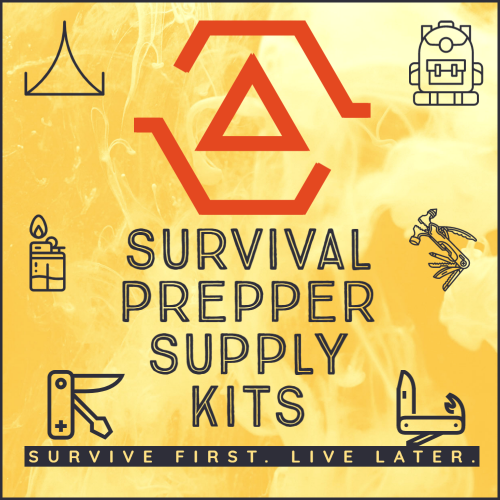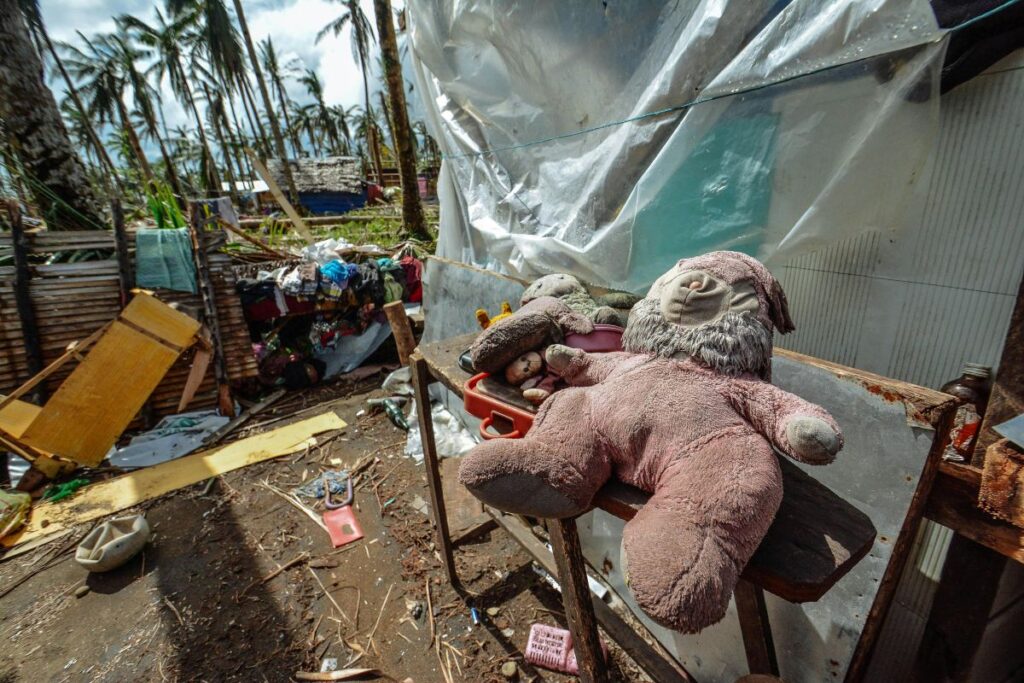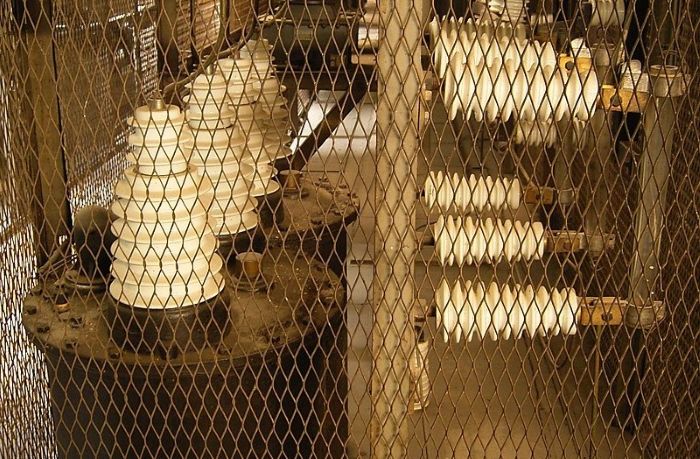Prepping 101 – Get Organized Financially from the Beginning
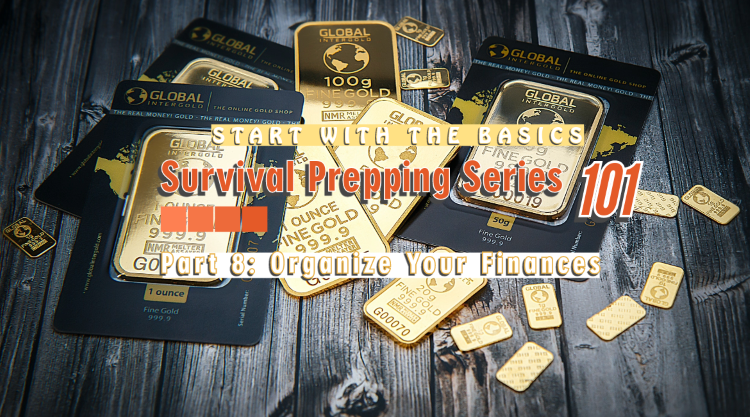
When contemplating their survival requirements, many prioritize food, water, shelter, first aid, and other necessities crucial during emergencies. They may even set aside a little cash for unexpected trips to the store in the unlikely event of a power grid failure, but generally, that’s the extent of their preparedness measures.
However, your finances are probably one of the most significant issues you must focus on. They can markedly impact the availability of necessities and how you fare in a survival situation to a complete recovery.
Related – Survival Prepper Tips for Knowing When It’s Time to Bug Out
You can use several methods to safeguard your finances from being negatively impacted. Not being prepared for a financial setback can result in emotional exhaustion, panic, and physical illness from the resulting stress.
Rather than allowing your financial situation to overwhelm you, try to get it under control, ensuring that no matter what comes your way in the future, you and your family can handle it with relative comfort.
The Impact of Survival Events on Your Finances
It’s not just a financial catastrophe that might impact your financial situation, although this is a significant worry for many people. Financial difficulties can be caused by factors such as inflation, a market collapse, or a job loss.

Sometimes, these events might affect you personally, such as losing your job. However, they require the same level of preparation. For instance, during a pandemic, millions lost their jobs, but it affected each of them personally.
Financial institutions are susceptible to cyber-attacks, which could wipe out your savings. As a result, you might not be able to acquire necessities such as food or shelter right away if you don’t have enough cash.
Natural disasters like wildfires, earthquakes, hurricanes, tornadoes, or floods can cause significant damage to your financial situation. Not only is there a need for immediate funds for evacuation, but you may require financial support in the recovery period while the insurance claims are being settled.
Related – S.M.A.R.T. Plans for Survival Preppers, Part I
In situations like this, where there’s a risk of societal unrest and even warfare, you may need to stock up on essential items to shelter and protect yourself and your relatives. You may also need to purchase materials to quickly board and fortify your windows.
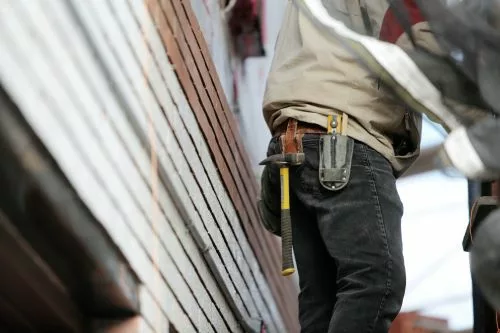
We discussed how the pandemic might lead to job losses but could also make you sick, resulting in substantial medical expenses.
Related – Women’s Edition – Beginner Survival Prepper Strategies, Part 1
For numerous individuals, even moderate rises in their mortgage payments, interest rates, insurance premiums, and other expenses can lead to a financial crisis.
Start Saving Up for a Proper Emergency Fund
Would you have the money to weather the storm if something happened in the next hour? Most wouldn’t. But that doesn’t mean you can’t start saving up for an emergency now.
Before you turn your attention to debt or other survival investments, you want to have savings built up to help you through personal, national, or global emergencies. The amount you need may vary, depending on what the event is.
A short-term event where the grid goes down due to a tornado might be fixed within 24 hours to a few days. But if it’s something more precarious, you’ll need more money to tide you over.
Related – Grid-Down Disaster? 9 Things You Need for Survival Prepping
You don’t want to pick a number and save up to that amount blindly. Instead, calculate your monthly costs – from the mortgage, car payments, and utilities to food, clothing, pet care, and more.
Most preppers start with an initial goal to have at least three months’ worth of expenses covered. If you need $5,000 a month, you’d want to set your sights on a $15,000 emergency fund.
But don’t put it all in one place! You want to diversify your savings while making sure the money is easy to get to. It’s okay to have a traditional savings account, but you may want one that earns higher interest – plus cash in a hidden lockbox or safe (both fireproof and waterproof) at home to cover you for a few weeks, too.
Debt Payoff and Credit Building for Preppers
If you’re drowning in debt, getting that paid off is your next step. You don’t want to be under any financial pressure and have bill collectors harassing you simultaneously.
While the debt snowball method (where you pay off the smallest debt first and apply that payment to the next one) may make you feel good, it’s not the wisest move from a
You need to pay off the one with the highest interest first (using the avalanche method) – otherwise, you’re wasting money that could be put toward other things like supplies, a homestead, or an emergency fund.
Don’t be afraid to consolidate debt or negotiate with lenders to whittle down your debt faster. They would rather you contact them and work something out than see you default on your loan completely.
As your debt decreases, your credit score will begin to rise. Check out your official credit scores and see where you stand, making sure to take corrective measures for any erroneous information on them.
Strategic Survival Financial Measures
As your money situation gets ironed out, you want to be more strategic. Determine what portion of your earnings you want to spend on survival supplies each month, and prioritize what it gets spent on.
Part of your survival expenditures might be going towards a homestead property. You’ll want to pay for that in cash or pay off the property loan quickly if possible. You’ll need money for the land, building supplies, and any other construction you want on the property.
Read this – How To Survive Eviction Or Foreclosure
Many preppers take care to invest in non-cash currency, like silver and gold bars. These precious metals have a pattern of stability. You do have to have somewhere safe to store them and know how to trade them in when the time comes.
Other financial preparations you make don’t give you money upfront, but only in the event of a disaster. Homeowner’s, car, health, and life insurance all pay off when and if you’re facing a crisis.
Currency doesn’t always come in insurance, cash, or investments. Sometimes, it’s in the form of goods you can trade in a survival event. These may not be necessities but luxury items like chocolate, alcohol, gas, etc.
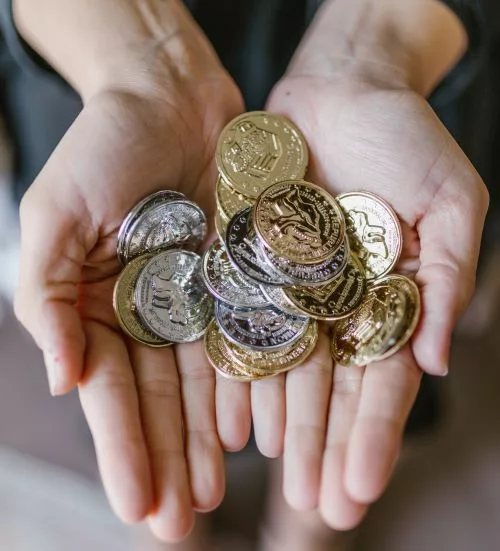
Read this – How to Live in Your Car if You Have To
Even skills you possess can be used as a currency of sorts. If you know how to repair machinery, carpentry, or other skills like first aid, you can trade those for things you need during a survival event without any money changing hands.
Being financially stable isn’t just a measure to take for survival situations. It delivers peace and serenity during normal times in your life, too. When others are struggling, and you know you can make ends meet, you’ll feel good knowing you have yourself and your family’s needs met.
Read next – Survival Prepping 101 Series Part 9: Educate Yourself About Building Shelters coming soon…
